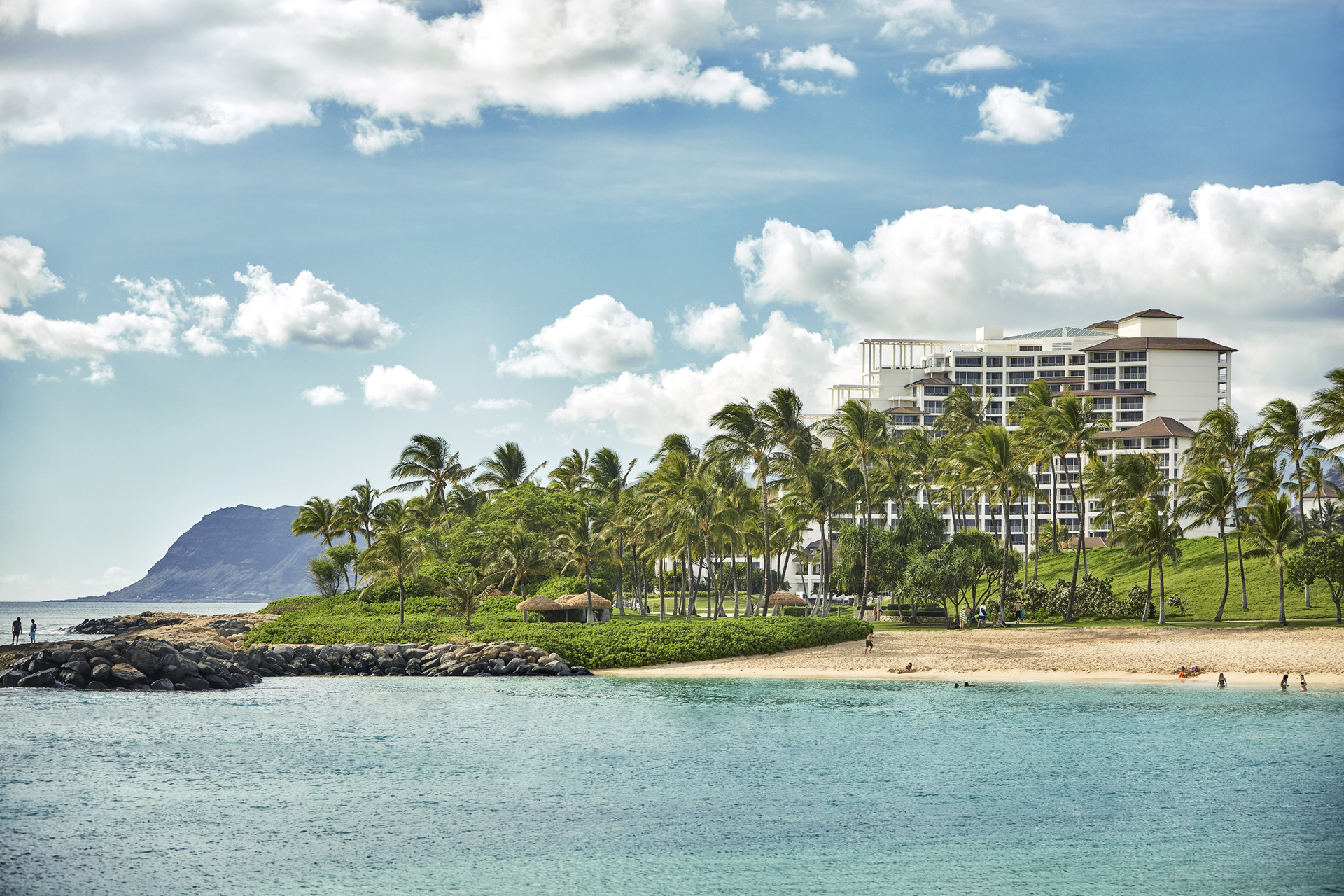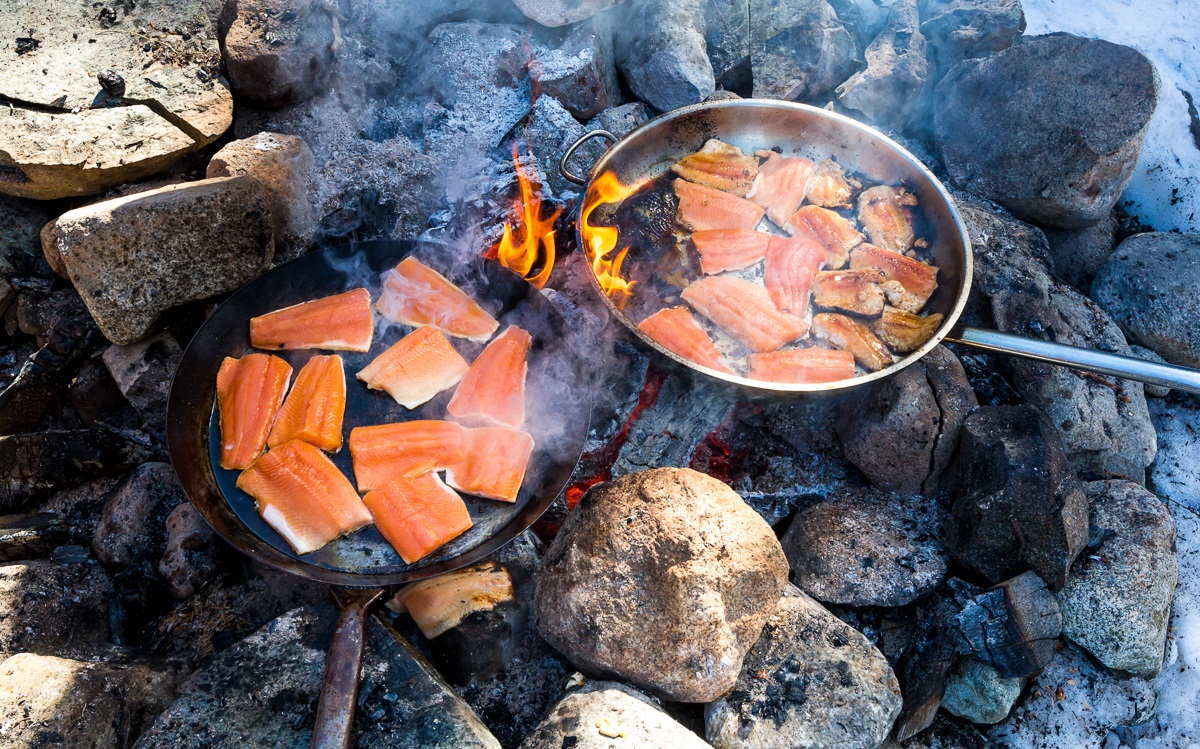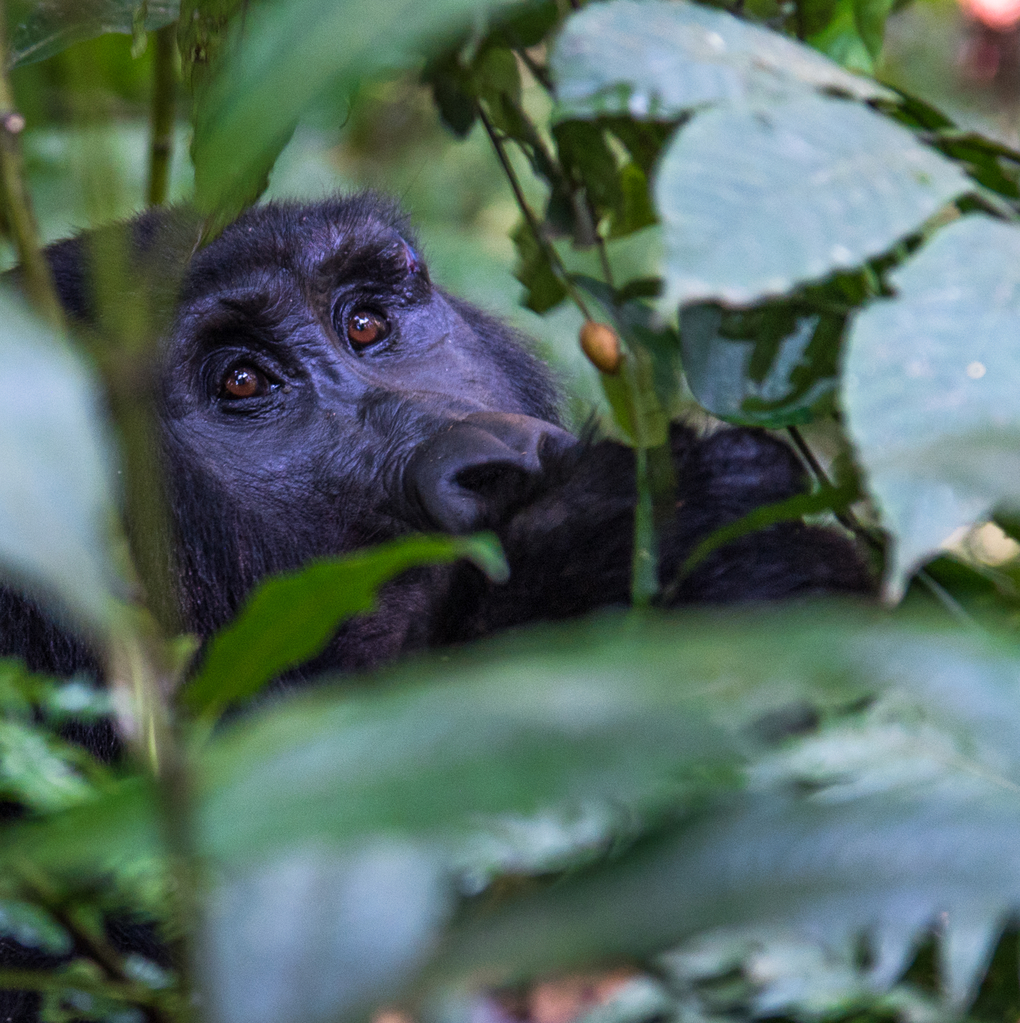Inside the Pioneering Botswana Safari Lodge With an All-Female Guiding Team
Chobe Angels, reporting for duty.
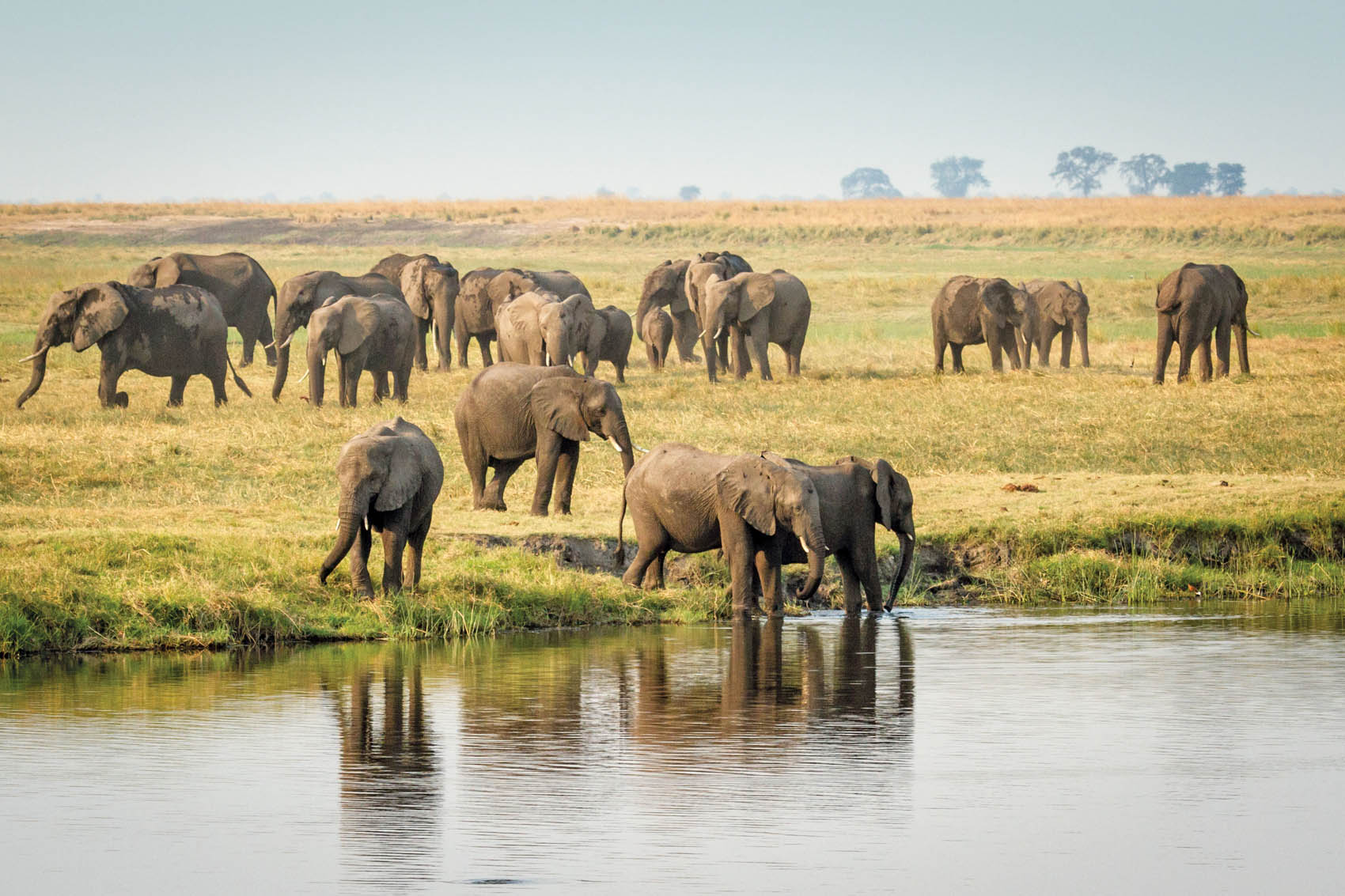
Johan Bruwer estimates that when he became general manager of the Chobe Game Lodge in 2004, there were only about five female guides in all of Botswana. Today, of the 70–80 female guides in the country, 55 have worked at the lodge. The only permanent lodge in Botswana’s Chobe National Park, Chobe Game Lodge—operated by Desert & Delta Safaris—is also the country’s first and only lodge with an all-female guiding team. “It’s a job that’s perceived to be a sort of male job,” Bruwer says. “And when we set about to change that whole perception, it was a long, long, long journey.”
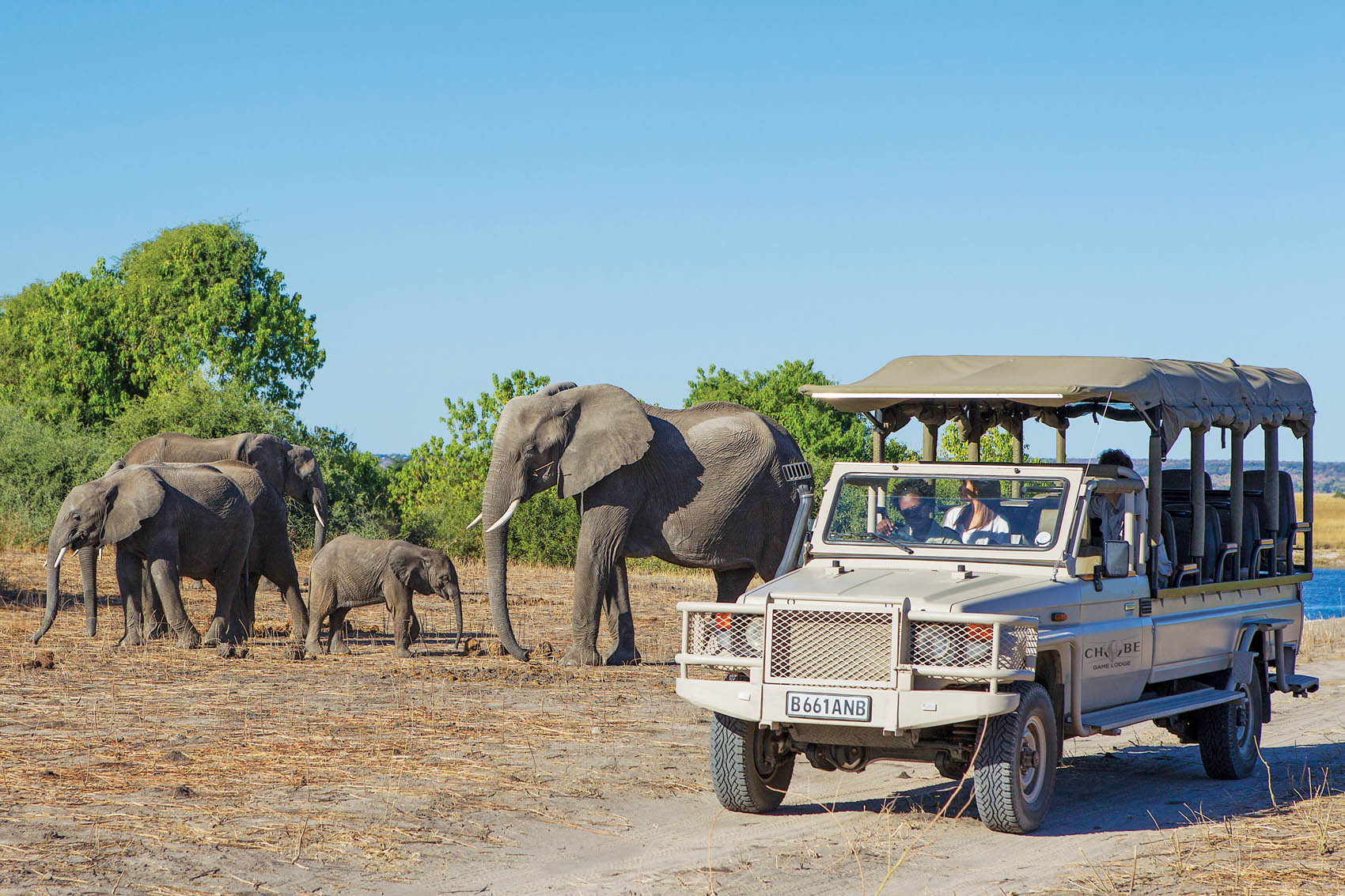
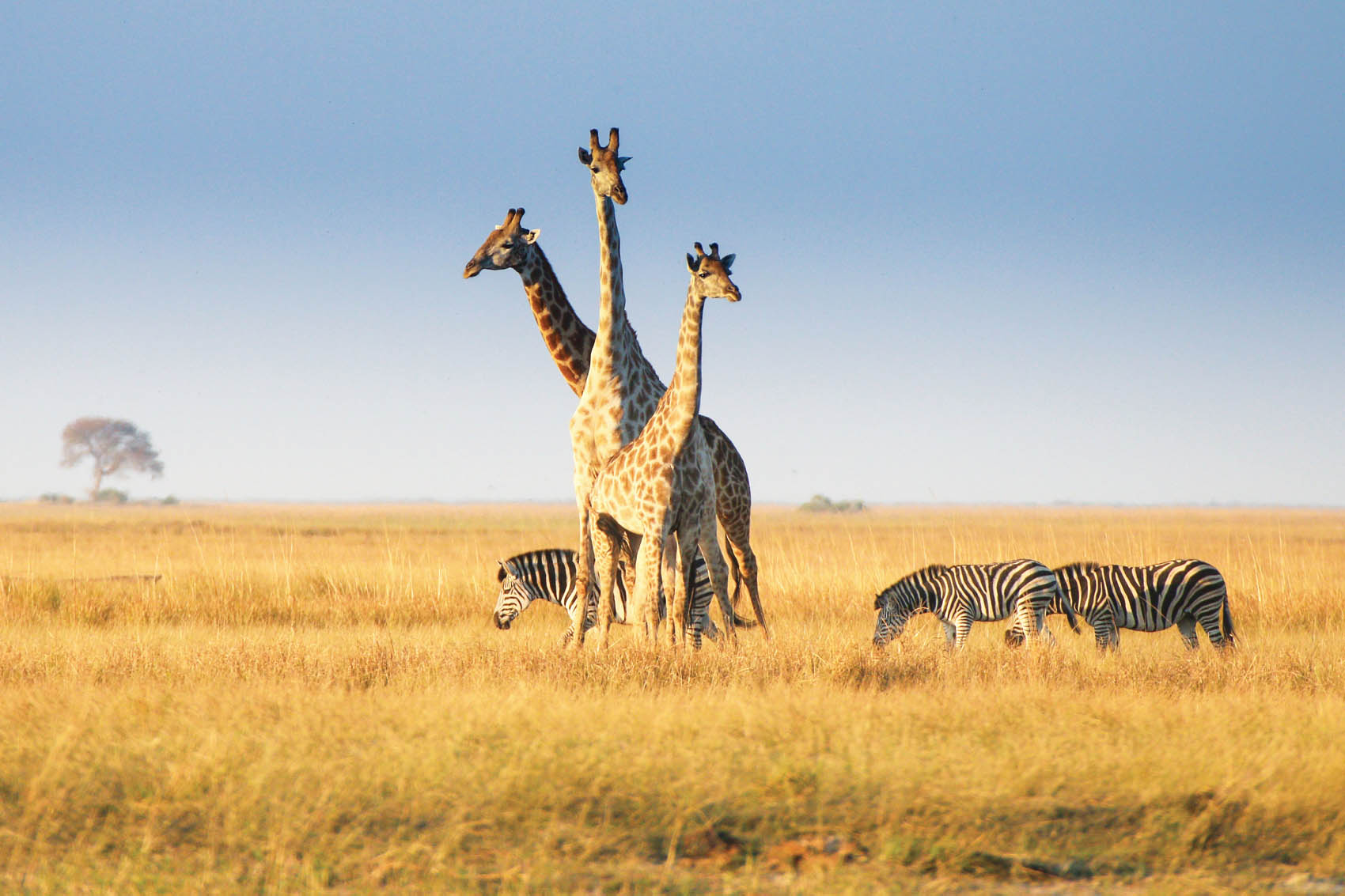
Sitting with us and my fellow travellers is Vivian Diphupu, the lodge environmentalist, who had been taking us out on our daily game drives. With a friendly smile and a calm demeanour, Diphupu expertly navigated the national park’s uneven roads and patiently stopped the vehicle every time one of us squealed over the sight of an elephant or a tower of giraffes.
For Diphupu, who worked her way up the ranks from assistant guide to head guide, becoming the lodge environmentalist was a long and arduous journey. “I had my daughter when I was 18, so my parents lost a lot of hope in me because my age-mates were going to university,” she says. But she didn’t give up on herself. When her daughter was nine months old, Diphupu went back to school and then came across an advertisement for guiding. To complete the written statement for the application, explaining why she wanted to be a guide, she had to go to her village library and use the computer to google what a safari guide did. Out of the 20,000 applicants to the Botswana Wildlife Training Institute that year, only 31 were accepted, and she was one of just six women.
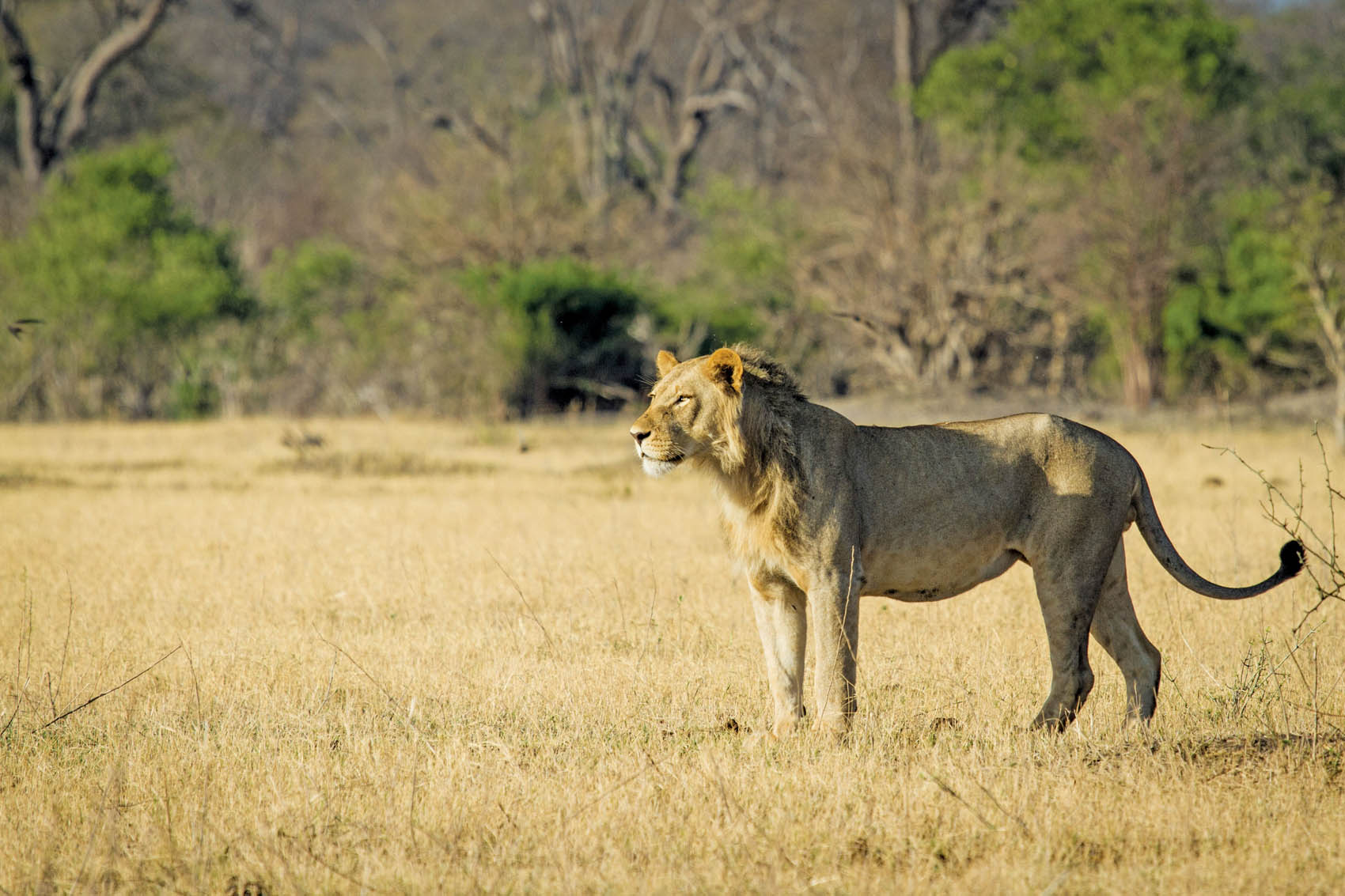
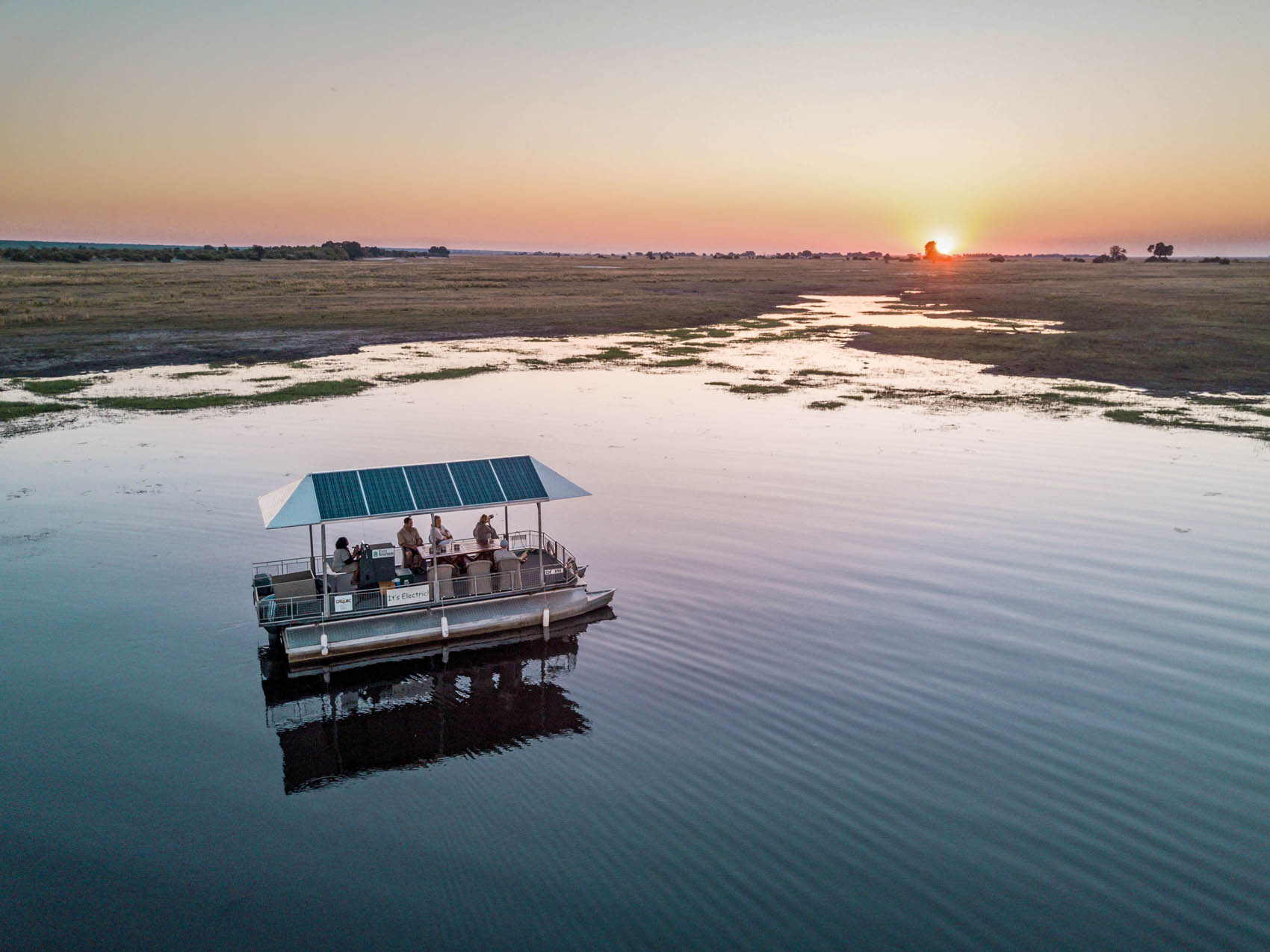
Part of the problem is that safari operators are hesitant to hire women because they think the job is too physically demanding. “Operators felt they don’t want to take on females because they can’t physically handle vehicles and the strenuous walks you do in the field and the firearms and all that, but you know and I know it’s not about muscle, it’s about technique and it’s about using your common sense,” Bruwer explains. “We told the wildlife institute, send all your female trainees—all of them—to Chobe Game Loge, so we became the preferred place for the institute.”
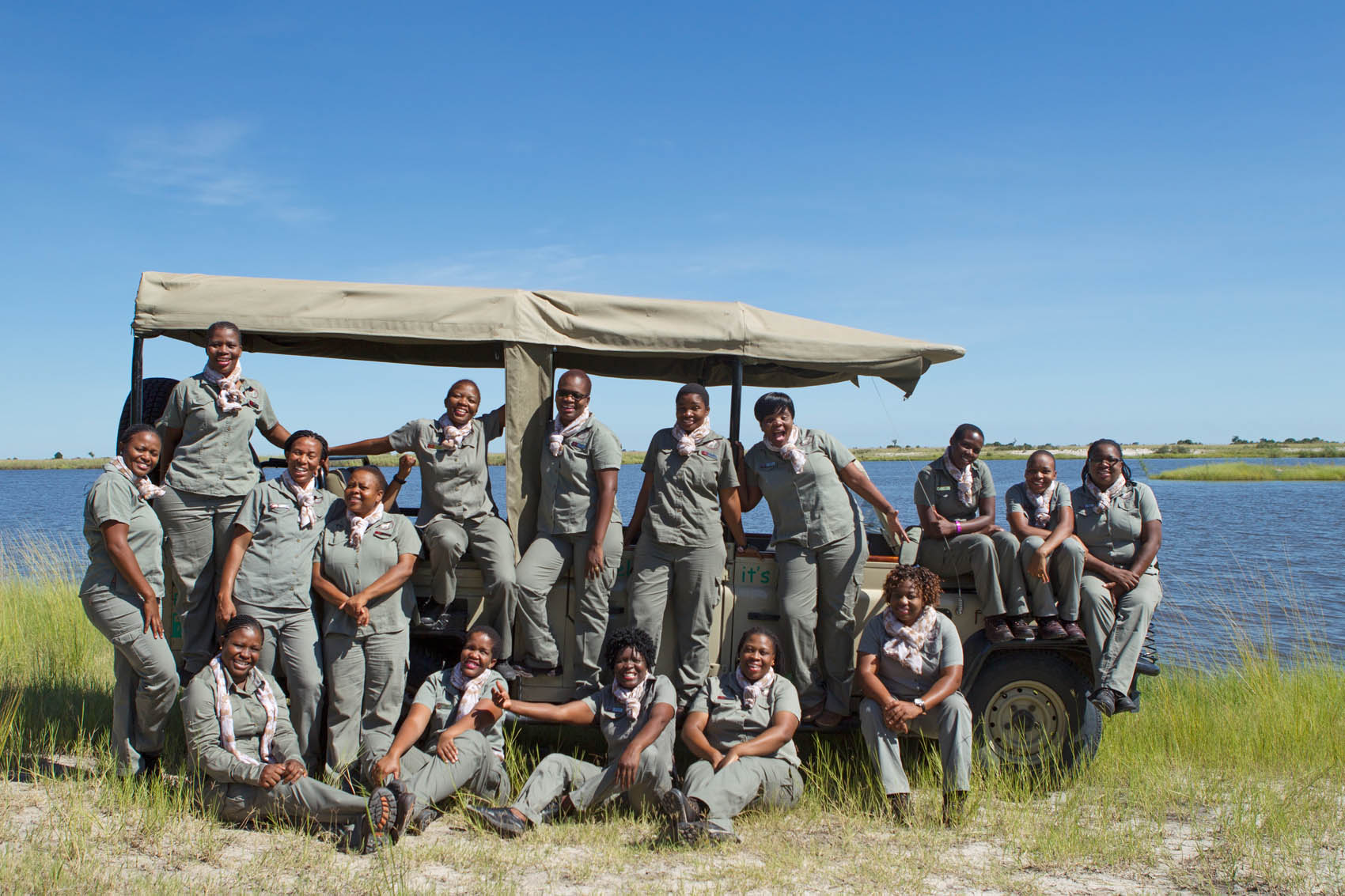
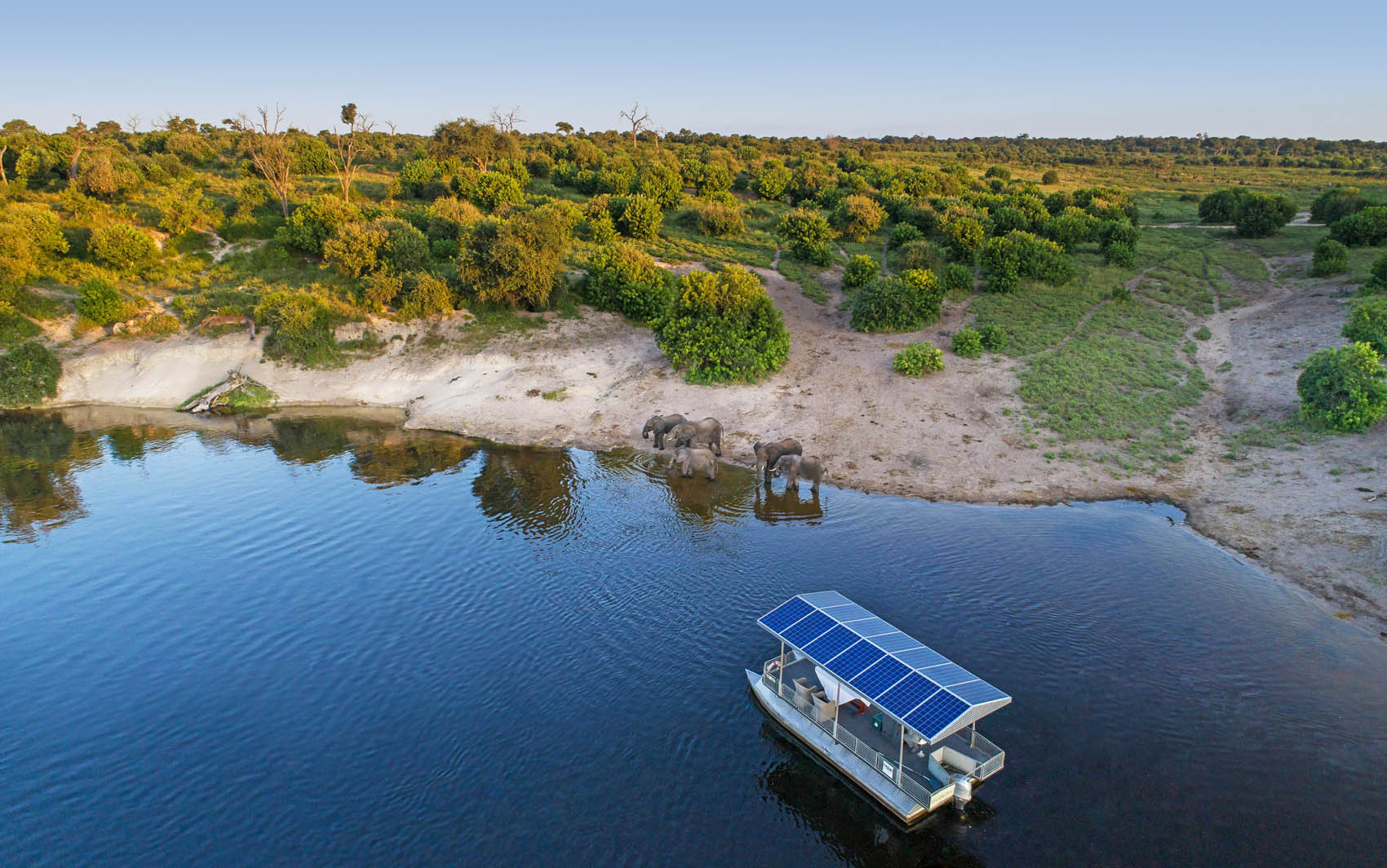
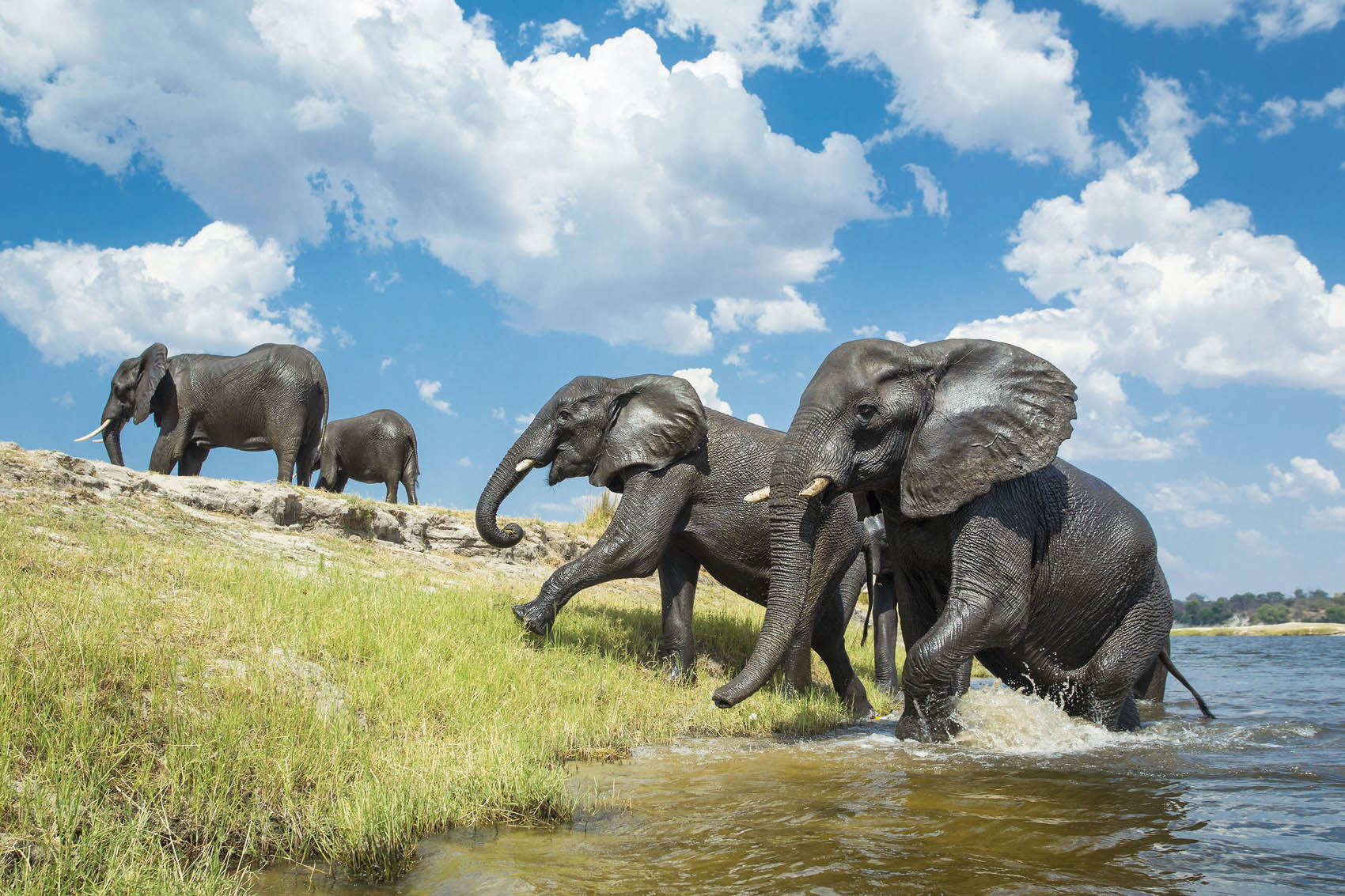
Guides must also spend extended periods away from their families, who sometimes live as far as 12 hours away. Most of the guides at Chobe Game Lodge are mothers whose partners, parents, or siblings take care of their kids while they’re guiding. They typically spend two months working at the lodge and living in staff housing and then get three weeks off to spend with their families. When they are pregnant, they get three months of maternity leave, but the lodge lets them extend it by adding their annual leave or taking extra unpaid time off. But no matter how long they take off, they are guaranteed their jobs back when they return.
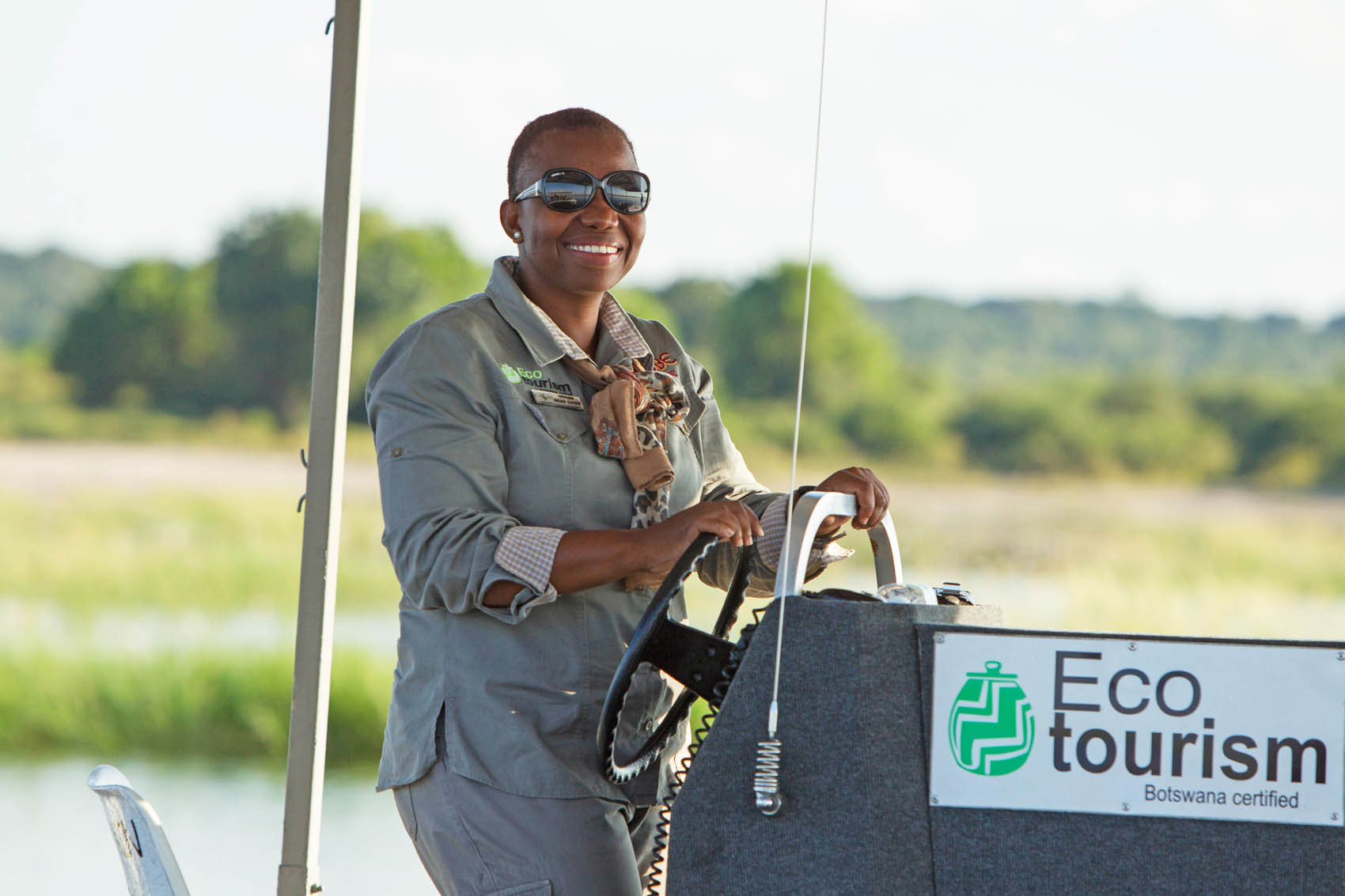
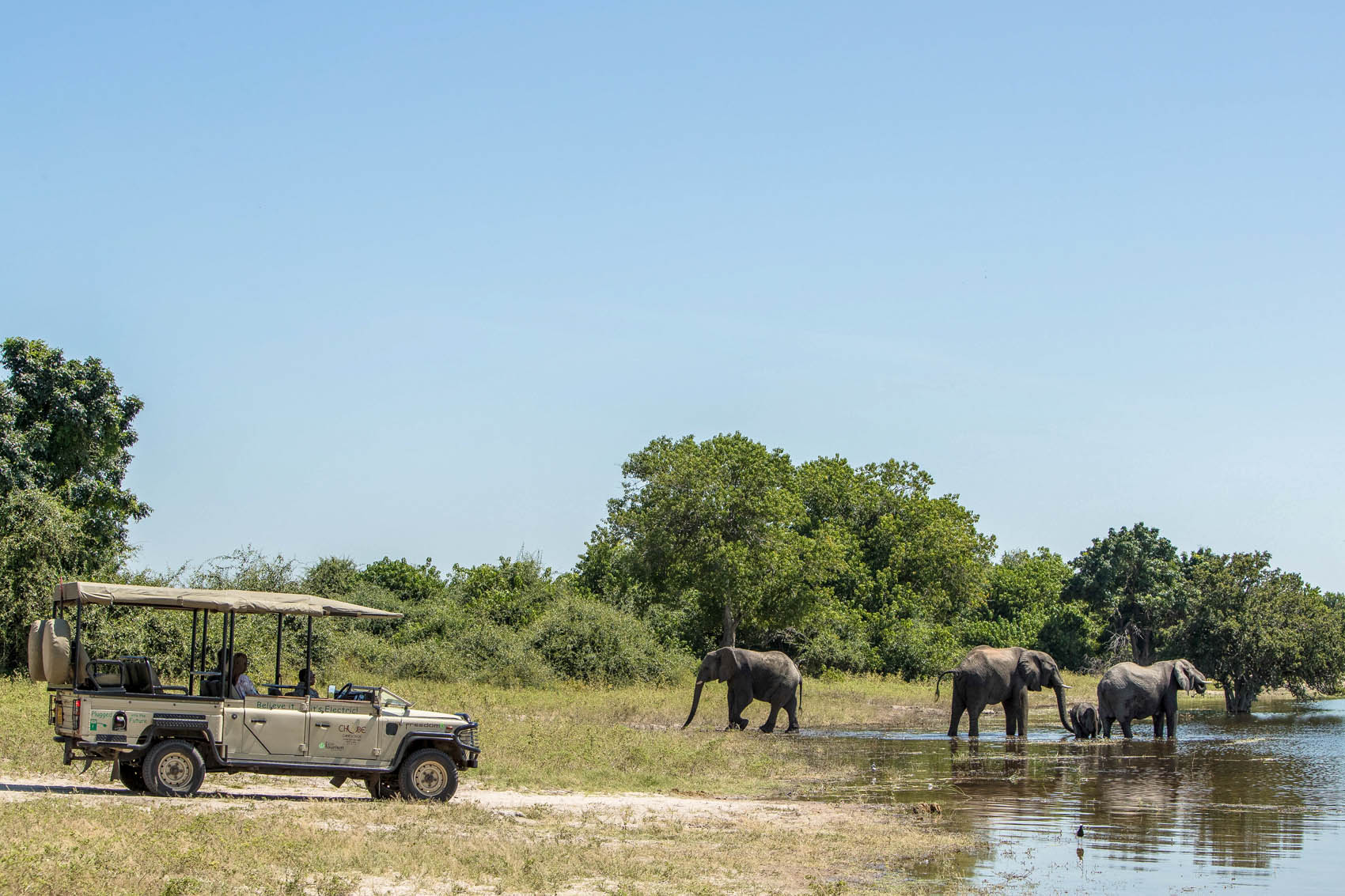
Chobe Game Lodge started with one female guide in 2004, and by 2012, all its guides were women. Today there are 19, who proudly call themselves the Chobe Angels. Though they faced plenty of challenges along the way, they stuck to their guns. And to his surprise, Bruwer discovered the female guides were saving the company money—not because they’re paid less but because they put less wear and tear on the safari vehicles so they require less maintenance than those driven by male guides. The guests love interacting with the female guides, too. And the message of female empowerment has had a ripple effect through Africa, with lodges in countries like Zambia and Kenya exchanging information with the team at Chobe Game Lodge.
“You wouldn’t believe it, on my Facebook I get all these messages asking, ‘What do I do if I want to be a guide?’” Diphupu says. “I’m like a role model to so many young girls out there.”

